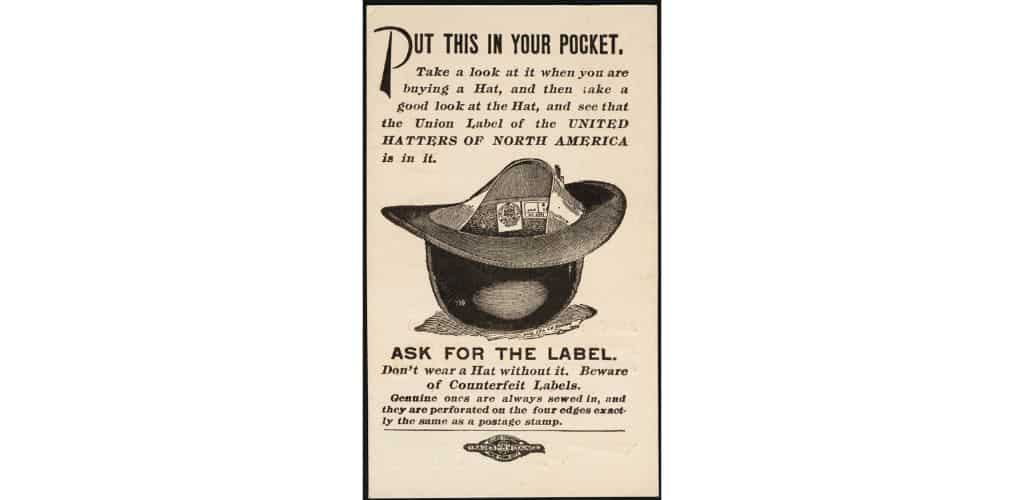Amazon.com has announced an Anti-Counterfeiting Exchange to help eliminate counterfeits across the retail industry.
The program is described as “an industry collaboration designed to make it safer to shop online and more difficult for counterfeiters to move among different stores to attempt to sell their counterfeit goods.”
The Anti-Counterfeiting Exchange (ACX) allows stores that participate to anonymously share information about confirmed counterfeiters who tried to sell fake products.
The goals of the ACX are to:
- Identify and stop bad actors more quickly
- Contribute to the industry’s ability to fight counterfeiting
- Make more robust referrals to law enforcement
Amazon has been using ACX internally to identify known counterfeiters attempting to create new accounts and will now share it with other online retail outlets.
Brands that are interested in joining the ACX can contact Amazon.
The ACX platform will be run by an independent third party. Store operators will be able to decide for themselves whether to bar a seller based on the info on the platform.
According to Reuters, “The new program mimics data exchange programs by the credit card industry to find scammers and identify their tactics.”
Amazon says it’s already detected hundreds of instances where the same counterfeiter tried to set up accounts on Amazon and at least one other platform.
Dharmesh Mehta, Amazon’s vice president of Selling Partner Services, said in a press release:
We want our customers to have confidence in their shopping experience and for brands to know they are protected from counterfeits. As we laid out in our blueprint for private and public sector partnership to stop counterfeiters, we think it is critical to share information about confirmed counterfeiters to help the entire industry stop these criminals earlier. By leading the way in creating an industry-wide solution to share information about known counterfeiters, we are excited to have helped improve the industry’s collective ability to fight counterfeit crime, providing consumers and rights owners with greater peace of mind.
The launch of the platform was applauded by the National Intellectual Property Rights Coordination Center and the Center for Data Innovation.
According to Amazon,
Amazon has been working with other members of ACX to pilot the exchange, ensure the appropriate guardrails, and design a scalable way to broaden participation to additional companies interested in stopping counterfeiters. Private sector partnerships around data sharing are crucial to combating counterfeiting. Amazon invites other retailers and marketplace service providers to join the Anti Counterfeiting Exchange and collaborate with the founding members to further strengthen the industry’s collective efforts against counterfeiters. Through ACX, counterfeiters and criminal organizations are on notice that the private sector is aligning against them and working to protect consumers and rights owners across the retail industry.
Reuters reports that
Amazon is also working with the U.S. Customs and Border Protection on a data pilot that helps the company identify and target low-value e-commerce shipments that may be counterfeit goods or break other regulations.
UPI reported that
In February, U.S. Customs and Border Protection agents said they had seized shipments with counterfeit money and goods estimated to be worth more than $800,000 including 84 handbags and apparel purportedly made by top brands such as Gucci, Chanel, Burberry and Hermes.
CBP agents also seized 15,000 pills advertised as Viagra arriving from Hong Kong last month, worth more than $1 million if legitimate.
According to the US Department of Homeland Security, counterfeit goods are a danger to public safety as well as to the economy:
The production and trafficking of counterfeit goods poses a significant health and safety threat to consumers. It also impacts the economic growth of legitimate businesses and consumers through lost revenue, downtime, and replacement costs.
Some of the most dangerous items, according to the Department, are:
- Counterfeit airbags and their components that can cause severe malfunctions ranging from non-deployment, under-inflation, over-inflation, or exploding metal shrapnel during deployment in a crash.
- Counterfeit lithium-ion laptop batteries that can catch fire and explode.
- Counterfeit prescription drugs that may not contain the correct active ingredient or that could lead to an accidental overdose.
- Counterfeit cosmetics that can cause severe skin reactions.
Just like the haiku above, we like to keep our posts short and sweet. Hopefully, you found this bite-sized information helpful. If you would like more information, please do not hesitate to contact us here.


